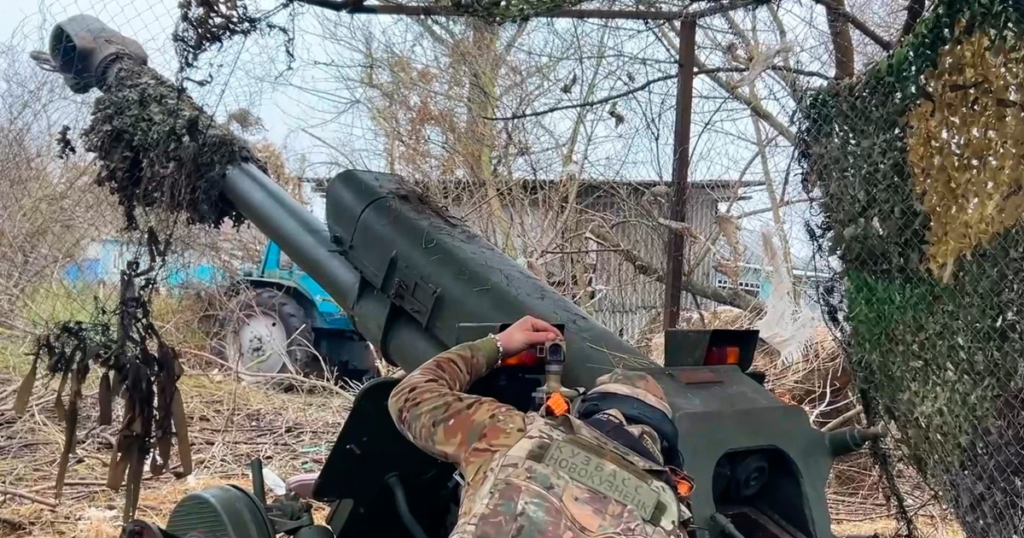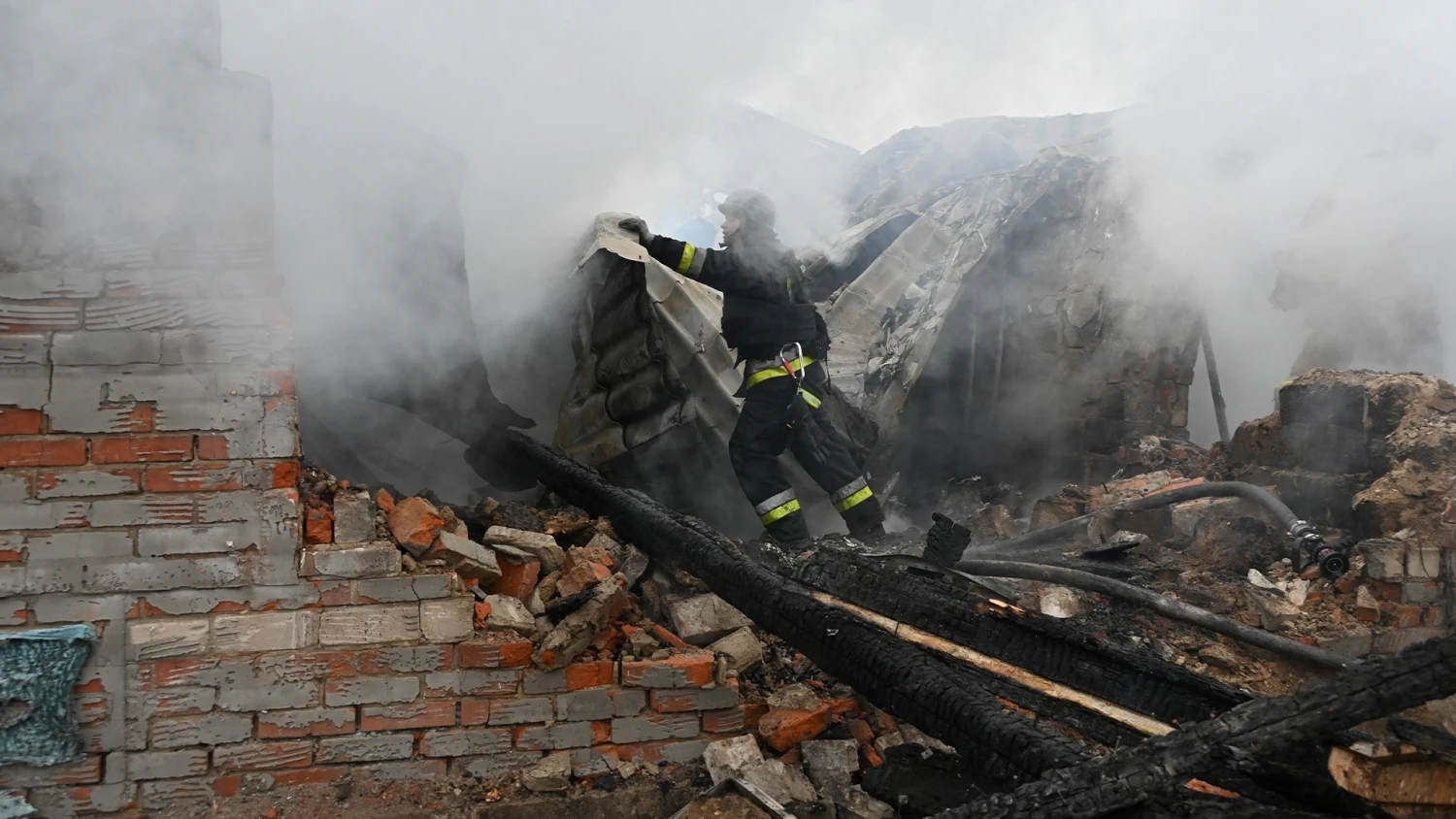North Korean soldiers fighting in Ukraine reportedly commit suicide to avoid capture emerged as a chilling reality amidst the ongoing conflict in Ukraine. According to recent statements from the White House, these soldiers, fighting on Russia’s side in the Kursk Oblast, are choosing suicide over surrendering to Ukrainian forces.
This harrowing phenomenon reflects the deep indoctrination and fear instilled in them by the North Korean regime. The development sheds light on the psychological and moral toll of their deployment, as well as the broader geopolitical implications of North Korea’s involvement in the war.
Suicides Driven by Fear and Indoctrination
Reports indicate that North Korean soldiers deployed to support Russia in the conflict are deeply indoctrinated. These soldiers persist in launching attacks, even when the odds are stacked against them and the futility of their missions is apparent.
This relentless behavior, according to John Kirby, a spokesperson for the White House, stems from the fear of repercussions that their families may face back in North Korea should they surrender.
North Korea’s totalitarian regime is notorious for punishing not just individuals but their families for perceived acts of treason or dishonor. This fear of collective punishment seems to compel these soldiers to prefer death over the prospect of being captured alive by Ukrainian forces.
Kirby highlighted that these soldiers are choosing suicide to avoid capture, a desperate act that underscores the oppressive environment from which they come.
Read : North Korean Soldier Fighting for Russia Captured in Ukraine Dies
Adding to the tragedy, many of these soldiers are ill-equipped for the battlefield despite the supplies provided by the Russian military. Reports mention that North Korean troops in Kursk Oblast are being armed with rifles, ammunition, artillery, and basic gear, but this support appears insufficient to prevent their overwhelming losses.
Read : Kim Jong Un’s Sister Calls South Korea’s Live-Fire Drills ‘Suicidal Hysteria’
In the last week alone, over 1,000 North Korean soldiers have reportedly been killed or wounded, a staggering figure that highlights the dire situation on the ground.
Growing Casualties and Strategic Implications
The deployment of North Korean troops in the Russian-Ukraine war has significantly increased casualties among these forces. Despite their evident lack of preparation and strategic advantage, the North Korean soldiers continue to be sent into combat zones, leading to devastating outcomes.
The Pentagon had earlier predicted such high casualties, citing the ill-suited nature of these troops for the complex and high-stakes conflict in Kursk Oblast.

One particularly notable incident occurred on December 27, when Ukrainian forces captured a wounded North Korean soldier during an engagement. South Korean intelligence later reported that the soldier had died, a poignant reminder of the grim realities facing these troops.
While his capture briefly shed light on the presence of North Korean forces in the region, his death symbolized the transient and perilous nature of their involvement.
Interestingly, U.S. intelligence believes that the deployment of North Korean troops in Russia was not a strategic request by the Kremlin but rather an initiative driven by North Korea itself.
This move could be interpreted as an effort by Pyongyang to bolster its alliance with Moscow and gain strategic leverage on the global stage. However, the high casualty rates and psychological toll on the soldiers paint a grim picture of the human cost of such geopolitical maneuvers.
International Reactions and Humanitarian Concerns
The revelation of North Korean soldiers’ suicides has sparked widespread concern and condemnation from the international community. These developments highlight not only the physical dangers of war but also the mental and emotional trauma endured by these troops.
Many experts and human rights advocates have emphasized the need for a closer examination of the conditions under which these soldiers are deployed and the oppressive mechanisms that drive them to such extreme actions.
South Korea’s intelligence agencies have been closely monitoring the situation, particularly following the confirmed death of the captured North Korean soldier.

The incident underscores the broader humanitarian crisis stemming from the involvement of North Korean troops in the conflict. The lack of adequate training, equipment, and support, combined with the psychological burden of their deployment, has created a dire situation for these soldiers.
Furthermore, the reports of North Korean suicides raise questions about the ethical and legal implications of their deployment. International law prohibits the use of soldiers under coercion or duress, and the fear-driven actions of these troops suggest severe violations of human rights. The global community may need to address these issues through diplomatic and humanitarian channels to prevent further tragedies.
The tragic reports of North Korean soldiers killing themselves to avoid capture in Ukraine shed light on the devastating human cost of war and the oppressive systems that drive individuals to such desperate measures. These soldiers, deployed in support of Russia, face insurmountable odds and carry the burden of indoctrination and fear instilled by their regime.
As casualties continue to mount, the international community must grapple with the ethical and humanitarian implications of North Korea’s involvement in the conflict. The world must not only condemn the oppressive practices that lead to such tragedies but also work towards addressing the root causes of these issues to protect the lives and dignity of those affected.

